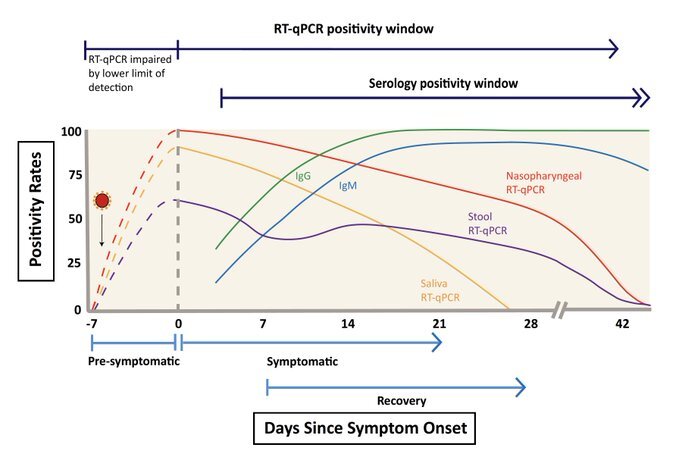
How has #COVID19 impacted conservation? In honor of #WildlifeConservationDay we'll be hearing from Gladys Kalema-Zukosoka (@DoctorGladys) and Ricardo Moreno of @yaguarapanama who are both studying the pandemic's effects on wildlife. THREAD 

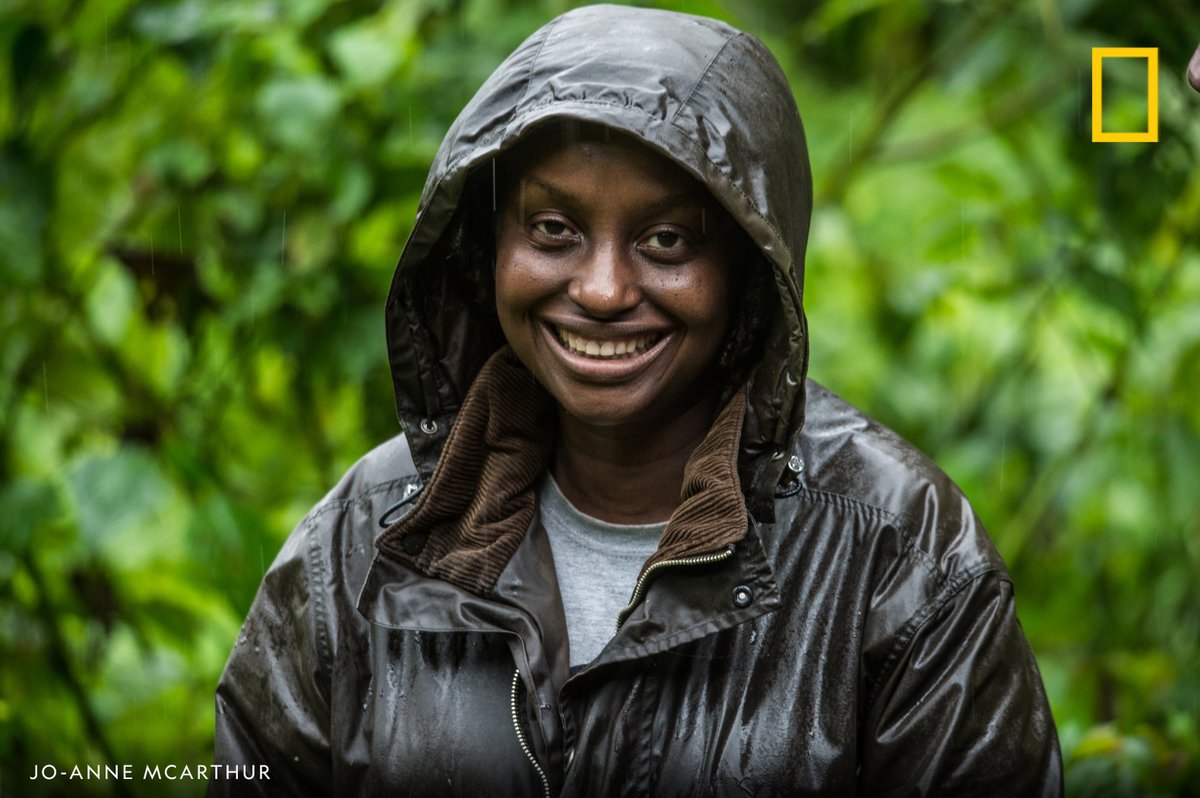
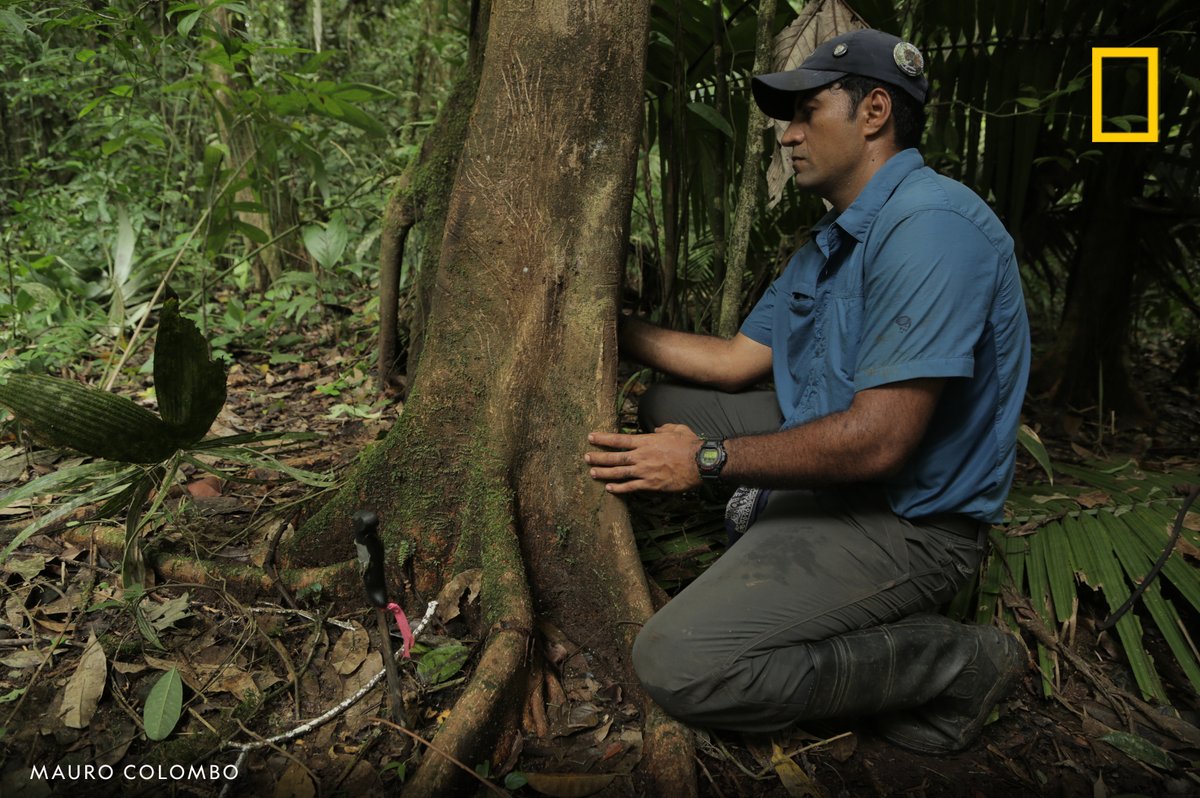
QUESTION 1: What do you do and where in the world are you? 🌎
@DoctorGladys: I am the Founder and CEO of @CTPHuganda and @GCCoffee1, based in Uganda. @CTPHuganda is a not-for-profit NGO which promotes biodiversity conservation by enabling people, gorillas and other wildlife to coexist through improving their health and community livelihoods
@GCCoffee1 is our social enterprise which provides increased incomes to coffee farmers on the outskirts of #Bwindi Impenetrable National Park to improve livelihoods and reduce dependence on natural resources to meet basic needs.
Ricardo: I'm from the Yaguará Panama Foundation and a National Geographic Explorer. We are dedicated to the conservation of the jaguar and the forests where they live, as a key element for the health and survival of thousands of species of plants and animals, including people.
Our work deals with changing people's attitudes and perceptions about wild cats through scientific information, use of technology, education and working with local communities to improve the coexistence between human beings and wildlife. I'm in Panama.
Question 2: What are the primary threats to the species in your area of study?
@DoctorGladys: Mountain Gorillas are threatened by habitat loss, disease, poaching and conflict with humans. This is made worse by the living conditions of people surrounding gorilla habitats like poverty, lack of health and other social services and high human population growth
Of particular concern for Mountain Gorillas is the risk of zoonotic diseases transmission as they share over 98% of DNA with humans which makes them susceptible to the same diseases that affect humans.
Ricardo: The main threats to jaguars in Panama are conflict between humans, and for revenge they kill the cats
This is followed by loss of habitat; the advance of the livestock and agricultural frontier; misinformation, illegal trafficking, as well as an emerging underground market for the sale of parts for their supposed use in traditional Asian medicine.
QUESTION 3: Has the #COVID19 pandemic been positive or negative for the conservation efforts focused on these species?
@DoctorGladys: The COVID-19 pandemic has brought with it two major risks for endangered Mountain Gorillas.
Poaching and hunting has increased with rising poverty and desperation, particularly around protected areas like Bwindi Impenetrable National Park where much of our work takes place as tourism, on which many people depended for income and jobs completely crashed.
Mountain Gorilla survival is also threatened by the risk of #COVID19 transmission as they are genetically so similar to us. A COVID-19 outbreak amongst the gorillas could have dire consequences for the survival of the species.
We are working hard to train all people who come into contact with, or live in proximity to, the gorillas, particularly habituated gorillas who are no longer naturally wary of humans, on COVID-19 prevention measures.
However, this has resulted in great ape viewing guidelines being upgraded to minimize the risk of disease transmission of not only COVID-19, but other infectious zoonotic diseases from people to gorillas, chimpanzees and orangutans, as well as other primates
Ricardo: Negative in some aspects and positive in others. Negative because it was impossible to continue the projects and visit the communities due to the total closure caused by the COVID-19 pandemic in Panama.
At this moment I am not sure if there is more or less hunting in the protected areas, it is very difficult to quantify this at the moment.
The positive aspects have been that technology has helped us to be able to give many talks / webinar to many people in Panama and internationally, and to have access to a greater number of people than we think.
We also reinforced a jaguar (wildlife) and human conflict attention group that works from the calls that people make to Yaguará Panama / Ministry of the Environment when there are cases of predation on farms, road kill animals, for example.
QUESTION 4: How do you expect conservation efforts to change—if at all—in a post-pandemic world?
@DoctorGladys: It may take years for tourism in Uganda and the rest of Africa to resume to pre-COVID-19 levels as many people have been affected by the economic shocks resulting from the pandemic, and people will need time to regain confidence in travel.
This will have – and is already having – a huge impact on conservation as much of the revenue for conservation comes from tourism. In Uganda, for example, tourism and travel provides about 700,000 jobs and contributes 7.7% of GDP to the Ugandan economy.
Conservation efforts will also have to rely on non tourism sources of funding to sustain activities. However, we're thankful that people all over the world are committed to ensuring the protection of our environment and wildlife and are humbled by the donations we've received.
Given people’s passion for conservation, I could see more people engaging in remote activities such as virtual gorilla tracking, livestreams of night cameras or waterhole monitoring, wildlife documentaries and similar activities as we wait for things to normalize.
We are also finding new ways to support conservation, such as our Gorilla Conservation Coffee which supports livelihoods for community members on the outskirts of Bwindi and a donation from each bag is given back to conservation and community projects #savinggorillasonesipatatime
People can still support the gorillas by buying a bag of coffee even if they are not able to visit which has already been happening during the pandemic.
I see local communities also being able to sell their crafts through the internet (for example pangols.com). Gorilla Conservation Coffee ‘s first distributor in the US also buys crafts from Northern Rangeland Trust in Kenya.
Ricardo: I sincerely hope that all humans who live on earth understand how important it is to take care of our house, which is the planet earth, the only house we have. We will continue with the pandemic for a longer time, and I hope there will be a lot of positive reflection.
All the species that exist in the world contribute to the fact that we humans can minimally breathe and drink water to live. This means that if we continue in a post-pandemic world, we should already be prepared to know what is important, and that is to take care of the planet.
QUESTION 5: What's the number one thing an average person can do to help aid conservation efforts like these?
@DoctorGladys: Do whatever you can and give whatever you can manage – every little bit makes a difference. And try to make sure your actions make a positive, not a negative, impact on the world – reduce plastic use, recycle, avoid wild animal products, reduce red meat consumption
You can also spread awareness about conservation efforts around the world, and give donations which are urgently needed right now to mitigate the negative impact of the pandemic on endangered species and their habitats.
There is a huge potential for positive global change if every one of us just does a little bit. You can also buy products which make a positive conservation difference – such as @GCCoffee1, our ‘coffee with a cause’, which is available internationally in USA, UK, Kenya and NZ
Ricardo: You can support in different ways, helping as volunteers in field work (at this time with all health security measures), in the dissemination of information about what @yaguarapanama does, and also making donations to continue amplifying the voice of the jaguar.
You have to follow your dreams and my dream is to keep seeing the tracks of the jaguar and hear its roar that gives him away.
QUESTION 6: What advice would you give to someone who wants to do what you do?
@DoctorGladys: Stay focused and Never give up! Conservation work takes dedication, passion and hard work – but the rewards, knowing that you are making a difference and protecting wildlife and the environment for future generations - are well worth the effort. 
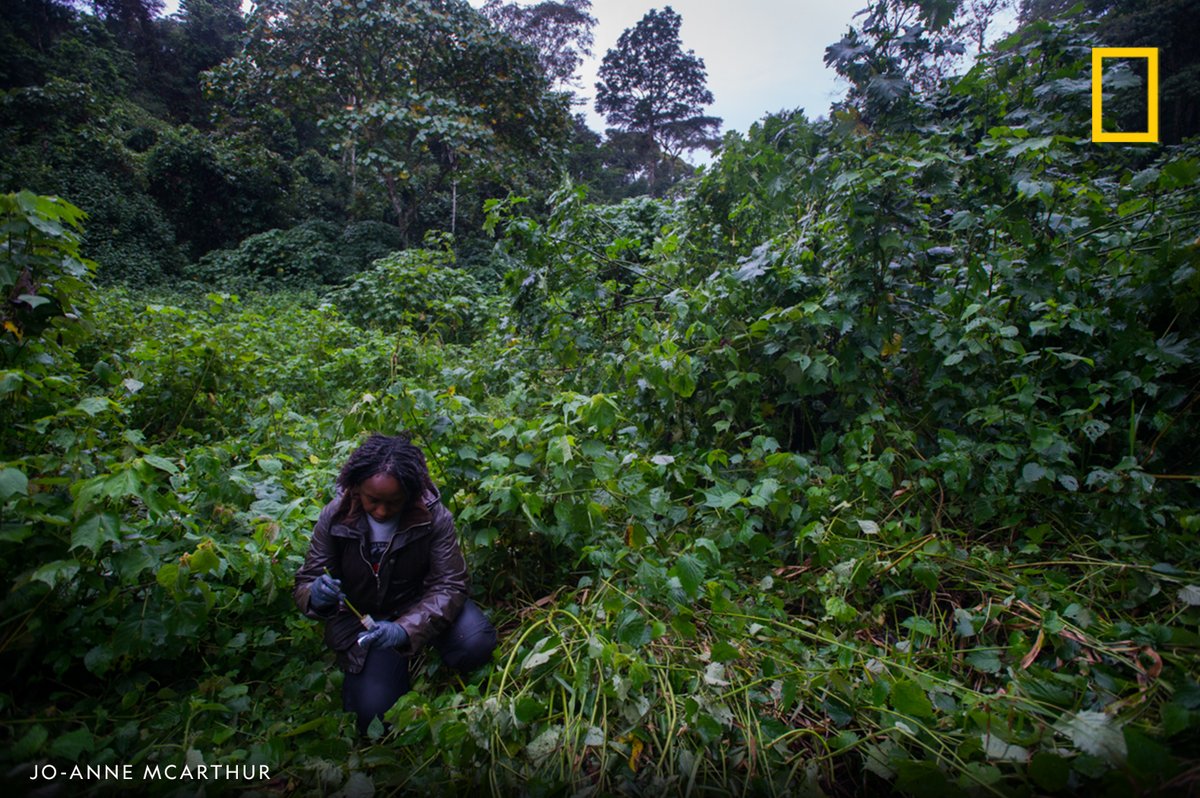
Also, know that each and every one of us can make a difference – even if you start small.
Ricardo: If someone wants to work with wildlife and with felines in particular, these would be my advice: first you must have a passion for what you want to do, true wildlife conservation is not easy, but it is not impossible. 
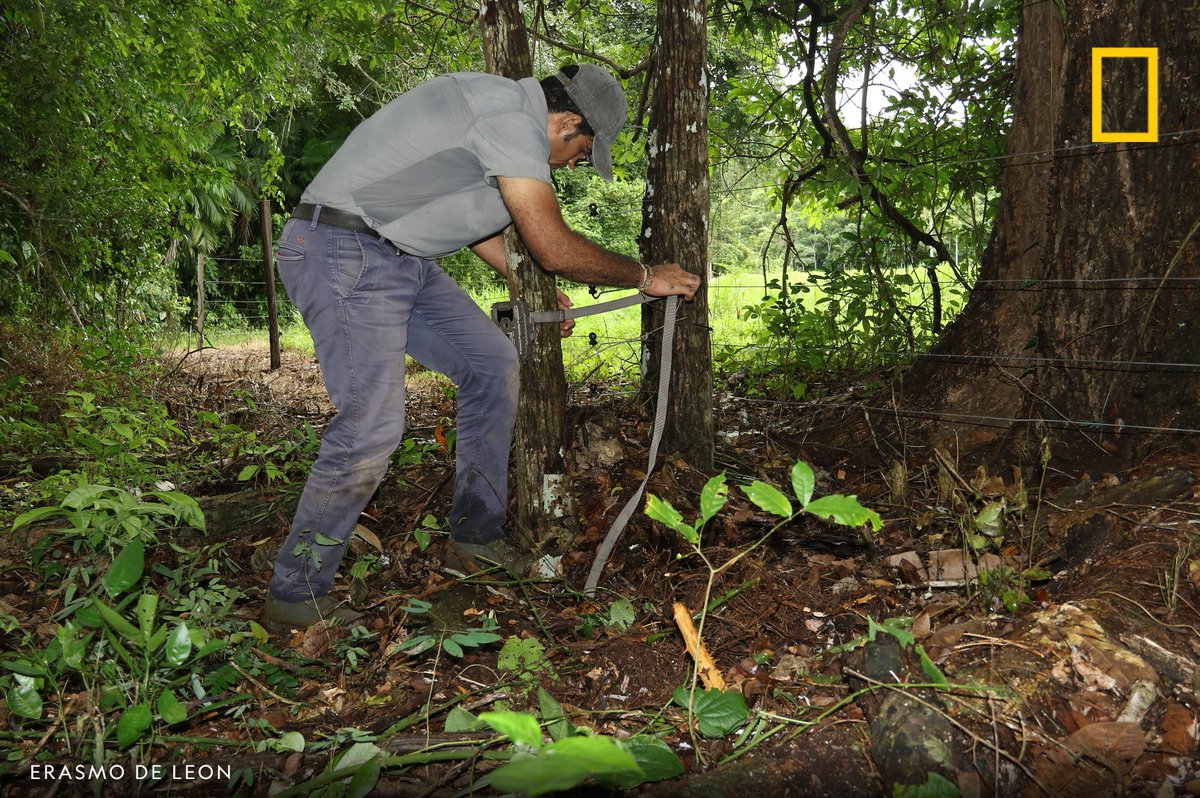
Study a degree that you really like and try to opt for a master's and a doctorate of science. Reading many scientific articles, you should also learn about the ecology and natural history of the other species that share the habitat and of the forest.
Always be humble and know how to listen, since there are many people who can contribute a lot to projects and our lives. The best of all is to dream and seek to realize those dreams.
That's all for now! Huge thanks to Ricardo and @DoctorGladys for sharing their knowledge and passion this #WildlifeConservationDay
We'll go ahead and unroll this for you 😉 @threadreaderapp
• • •
Missing some Tweet in this thread? You can try to
force a refresh



